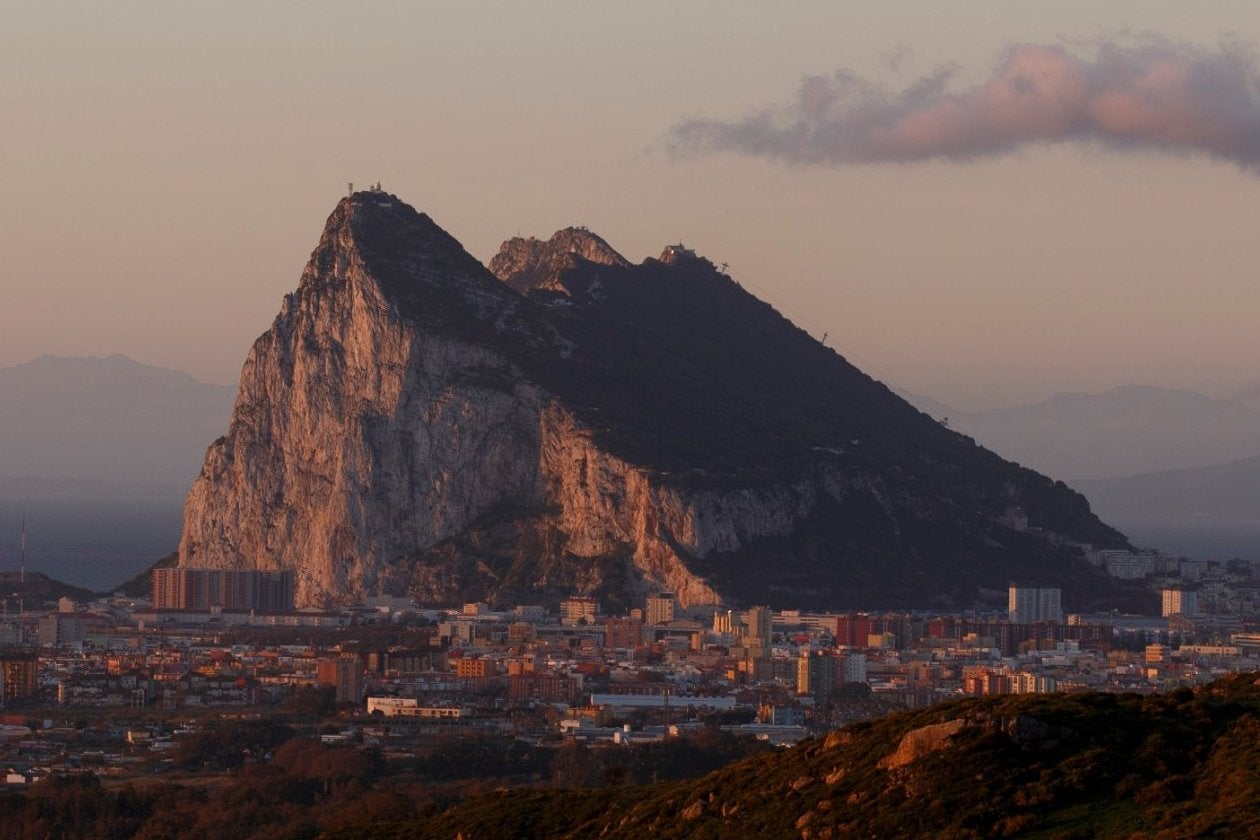Yet another diplomatic row has erupted between the EU and the UK over Gibraltar and Brexit.
Here’s everything you need to know.
What happened?
The EU released a statement on Friday morning about a straightforward change to European law that would guarantee visa-free travel for British people after Brexit (it had been agreed in principle some months ago).
However, a footnote in the statement referred to Gibraltar as “a colony of the British crown” and said there was “controversy” over the sovereignty of the Rock.
Why did the EU say this?
Spain, an EU member state, disputes British sovereignty over the territory, which is officially a British overseas territory.
Since all EU member states are involved in European Council decisions, throughout the Brexit process Spain has exerted its influence to include references to Gibraltar’s sovereignty being in dispute.
Rows over Gibraltar generally play well with the Spanish public so governments of all stripes there are often keen to raise the issue at every opportunity.
How did Britain react?
British diplomats opposed the inclusion of the term and the UK government released a statement saying “Gibraltar is not a colony and it is completely inappropriate to describe in this way”.
The statement added that “Gibraltar is a full part of the UK family” and said this would not change with Brexit.
What’s the dispute over Gibraltar about?
The territory, which sits on the south coast of the Iberian peninsula, was ceded to Britain by Spain in perpetuity since 1713 following a war. Under the Franco regime in the 1970s it became official government policy for Spain reclaim the territory, however – and this has not changed since.
Referendums and opinion polling shows that Gibraltarians overwhelmingly want to remain tied to the UK.
Is Gibraltar actually a colony?
When the UK joined the European Economic Community Gibraltar was indeed officially classified as a “crown colony”. However, this definition has since been abolished and it is now a “British overseas territory”.
It is not a full part of the UK; it does not elect MPs to the House of Commons – but it is included in the southwest England constituency for the European parliament.
What are the long-term implications?
Probably nothing in this case. However it’s worth keeping an eye on the Gibraltar issue, which has been bubbling away at the back of Brexit talks. Spain has a veto on any future trade deal and may use that power to wrest material concessions on sovereignty.
And if the EU does, in the end, agree to renegotiate on the withdrawal deal, it is quite plausible that Spain will seek to have the Gibraltar question reopened as part of further talks.
Got an unanswered question about Brexit? Send it to editor@independent.co.uk and we’ll do our best to supply an answer in our Brexit Explained series


Join our commenting forum
Join thought-provoking conversations, follow other Independent readers and see their replies
Comments